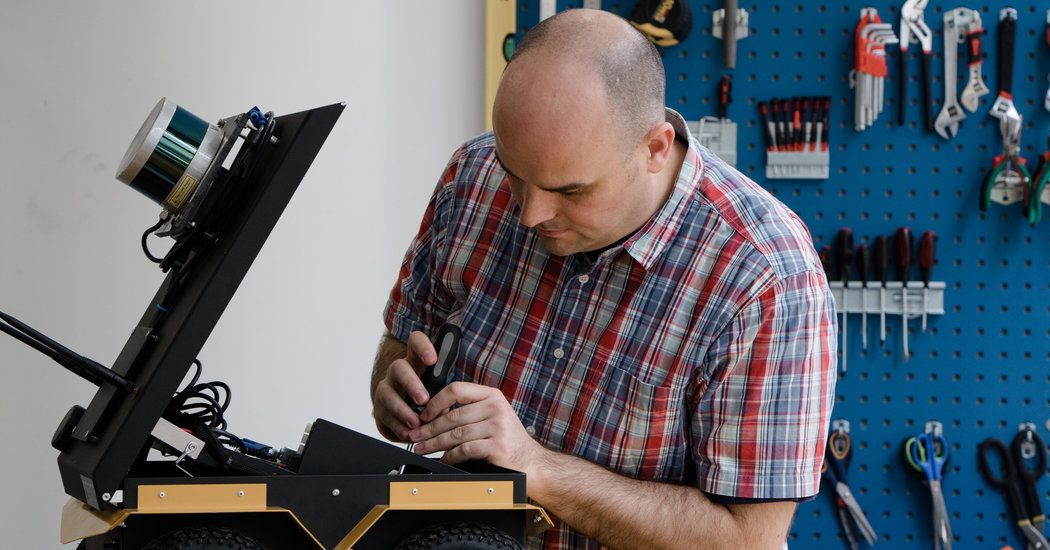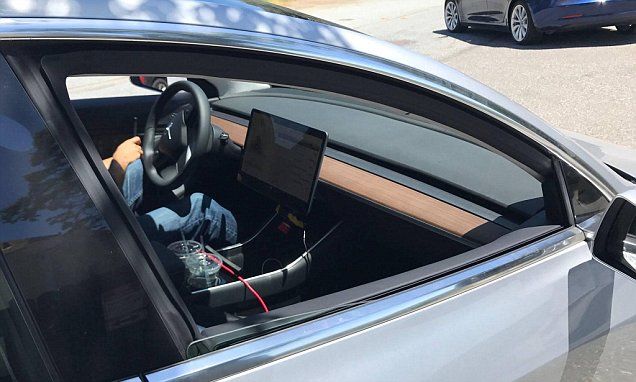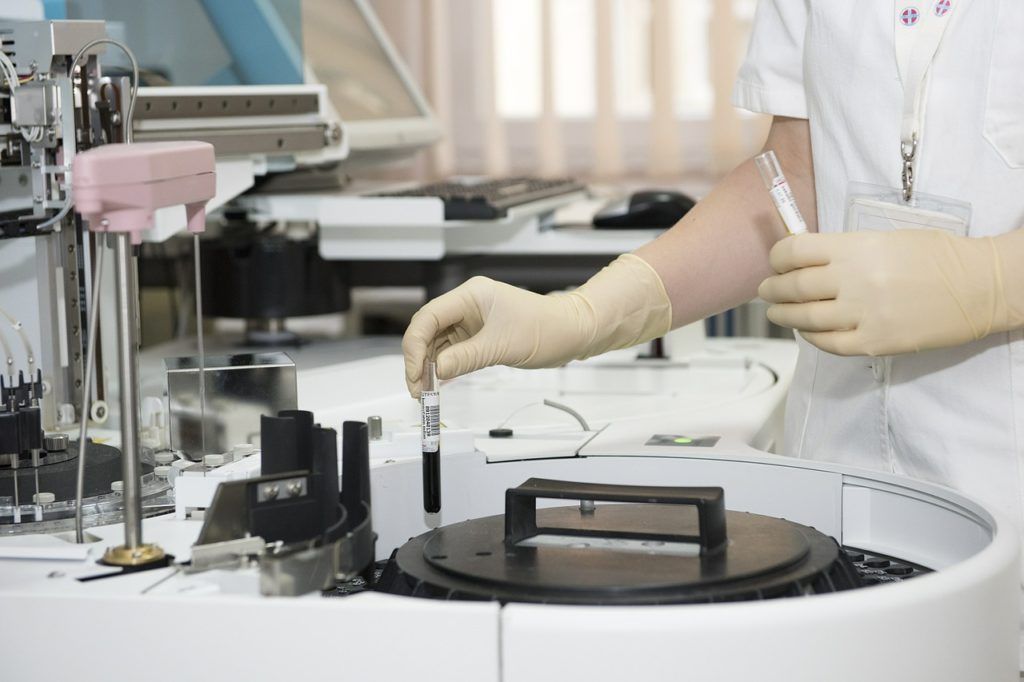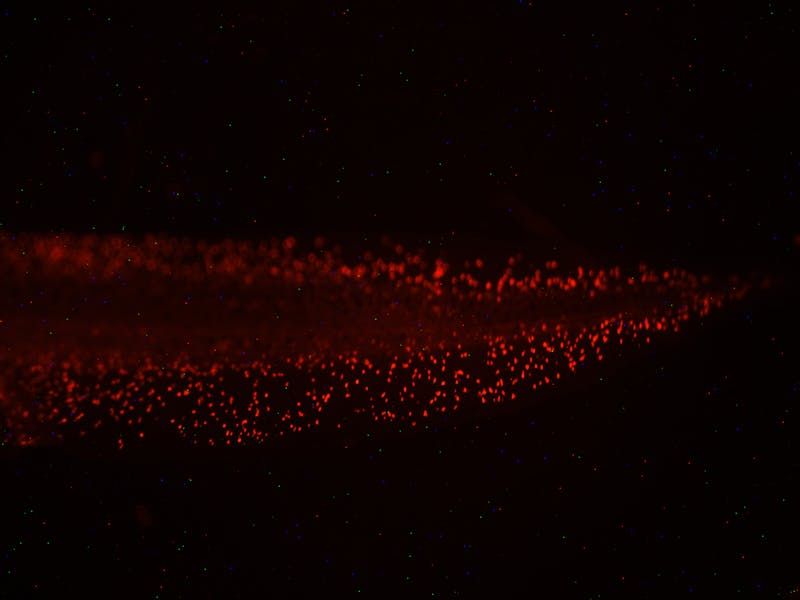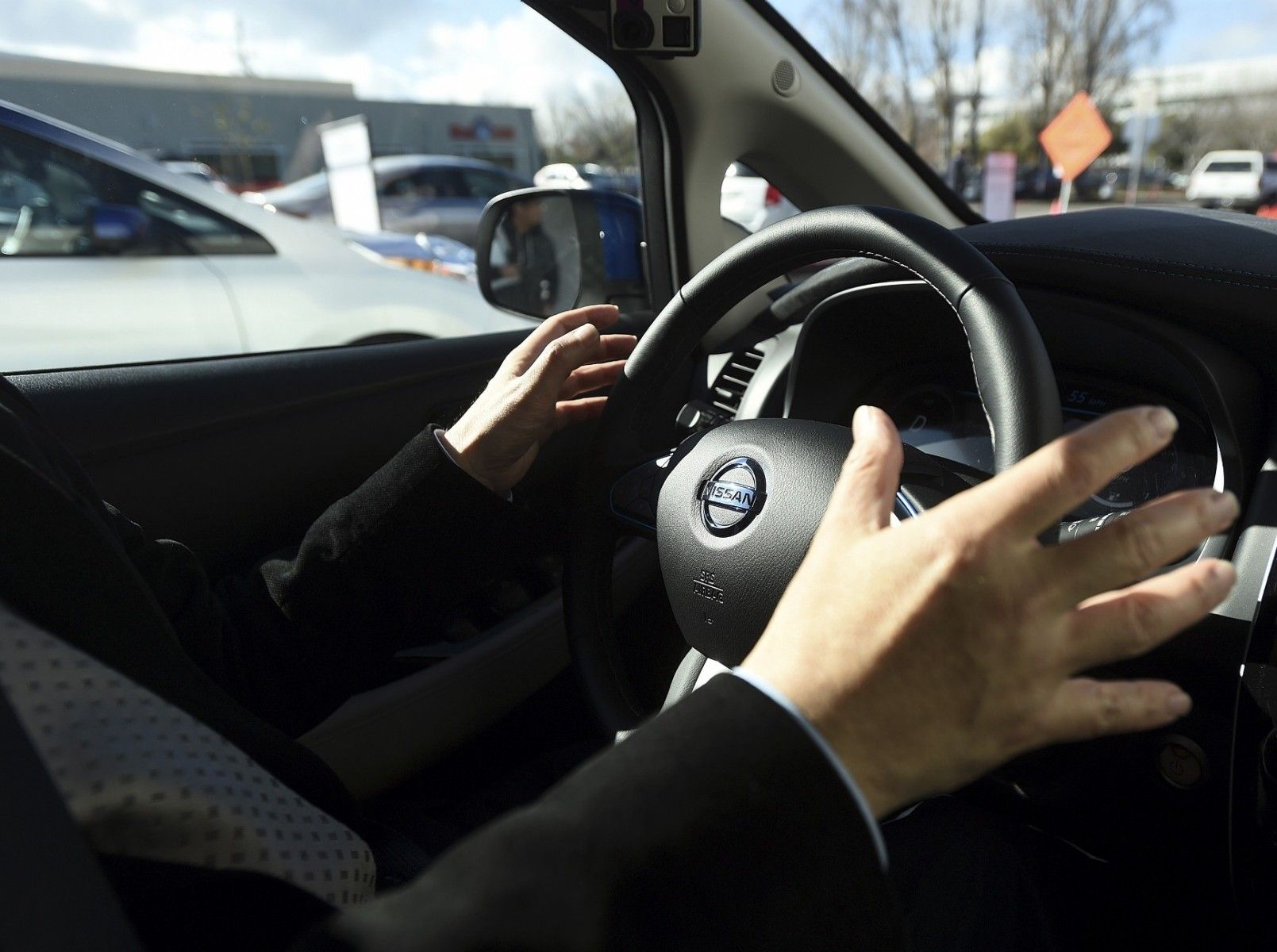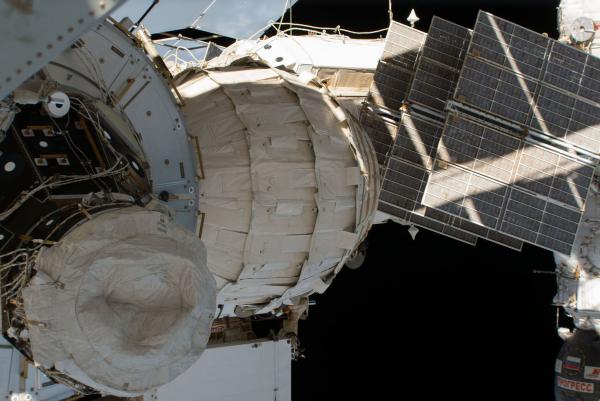May 30, 2017
Dark Energy May Lurk in the Nothingness of Space
Posted by Andreas Matt in categories: cosmology, quantum physics
The new work addresses not only what dark energy is but why the rate of universal expansion has the value it does.
“Everybody wants to know what dark energy is,” Wang told Live Science. “I reconsidered this question more carefully,” from the perspective of the universe’s energy density.
Wang and his colleagues assumed that modern quantum field theory was correct about the energy density being very large, but that the vacuum fluctuations, or the movements of empty space, were very large on tiny scales, near what is called the Planck length, or 1.62 × 10 ^ minus 35 meters. That’s so small that a proton is 100 million trillion times bigger.
Continue reading “Dark Energy May Lurk in the Nothingness of Space” »

